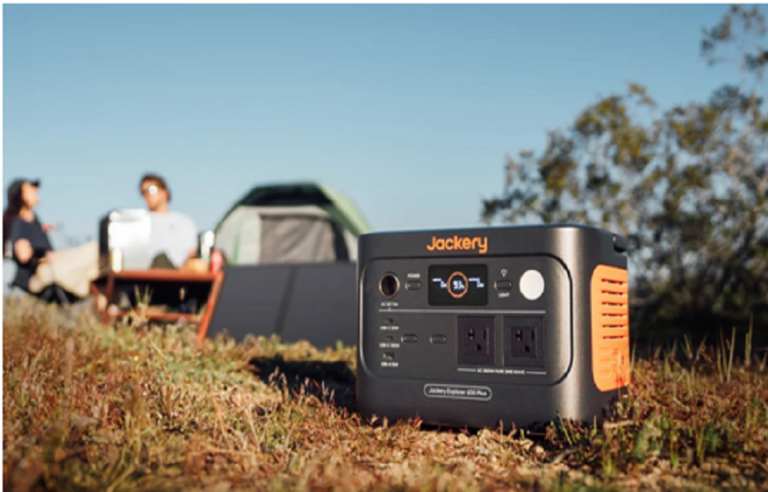Fasteners are the industrial world’s unknown heroes that hold everything together, from a car to a skyscraper. When choosing the best fastener manufacturers and company, a lot of very important factors should be brought into focus. Because of this, the safety, productivity, and longevity of the final product may be affected by the quality and reliability of these very small, fundamental parts. This comprehensive guide will shed light on the major factors that should not be overlooked by businesses and industries when picking their top fastener manufacturers.
Quality Assurance and Benchmarking
Certifications and Standards: The initial step for the assessment of a fastener manufacturing firm entails determining whether it is certified, such as the ISO 9001, to ascertain that the quality facets will match the high thresholds. Moreover, the ISO 14001 for Environmental Management and IATF 16949 for Automotive Quality Management may be required too for someone in the sector.
Material Quality: Ask about the materials used for producing the assembly fasteners. The AISI 316 and 304 grades of stainless steel are high-end materials and have got reputation for resisting corrosion, mechanical properties, and aging processes. The initial manufacturer should be the one who confirms the credibility and tracking of both the quality and source.
Product Diversity, Customization, and Differentiation
Diverse Product Range: You should look for a manufacturer that has an extensive assortment of fasteners of all kinds. This holds true for the hardware exclusively including screws, bolts, nuts, washers, rivets, and anchors. A wide range of products and applications can be tied to your customer needs with long-lasting fastening solutions reliably.
Customization Capabilities: When selecting a manufacturer, consider the ones that have a wide range of customization options. Customized fasteners fit your specifications based on factors such as size, type of material, coating system (including passivation, zinc plating, and galvanization), head type, and thread system that can match perfectly with your assembling process.
Reliability, Reputation, and Our Industry Background
Company History and Experience: Evaluate the manufacturer’s industry knowledge and past performance records. Industry players who have been in business for a decade or longer are probably going to have polished production processes, quality assurance, and an understanding of the industry.
Customer References and Testimonials: Ask for references from existing customers or check the website to find out what other people have to say about the services in question. The positive reviews posted on social media about the product’s quality, reliability, timely delivery, and customer care services are features of an excellent manufacturer.
Manufacturing Volume, Time Frame, and Scalability
Production Capacity: Assess the manufacturer’s production volume ability, including equipment, labor force, and human resources. The ample production capacity is what guarantees that you get your orders completed on time and consistent with your requirements.
Lead Times: Find out about the lead times for most stock items as well as the custom production orders. Fastener manufacturers’ factories need to have an effective unified production schedule, inventory management system, and logistics strategy to reduce lead times and meet deadlines.
Cost, Value, and Total Cost of Ownership
Cost Analysis: Of course, price matters much but it must be weighed alongside quality and value. Proceed with the cost-benefit analysis which goes beyond the initial price of attachments taking into consideration issues related to reliability, effectiveness, maintenance, and total expense per lifetime.
Value-added Services: While some manufacturers supply value-added services like technical assistance, engineering consultations, material selection assistance, inventory management solutions, and just-in-time (JIT) deliveries, they can do this by improving the entire value proposition and rendering your supply chain management more efficient.
Supply Chain, Logistics, and Proximity
Supply Chain Transparency: Request details on their supply chain practices, suppliers, and sourcing policies. Transparent supply chains that are based on ethical sourcing regimes welcome sustainability and risk reduction.
Logistics and Shipping: Take into account the shipping abilities of the manufacturer, shipping methods (air, sea, or land), shipping costs, and service times. Additionally, the proximity to your location can be a factor in how logistics and costs are determined in terms of shipping (such as frequent orders or urgent deliveries).
Technology Capabilities and New Innovation
Advanced Manufacturing Technologies: Examine if the manufacturer adopts up-to-date manufacturing technologies that involve CNC machining, cold forming, hot forging, precision casting, and 3D printing (additive manufacturing). These technologies can improve the quality of products, precision, and customization capacity.
Research and Development (R&D): Companies that are involved in the R&D (research and development) field of fastening frequently invent new fastening components, materials, coatings, and designs. Collaborative R&D partnerships with end users can help in product development and constant improvement.
Sustainability Practices and Environmental Impacts
Environmental Policies: From the manufacturer, ask about their environmental policies, sustainability programs, waste management techniques, and energy conservation plans. Sustainable production technology causes less pollution and raises the universal sustainability score of enterprises.
Recycling and Circular Economy: The manufacturers who find themselves in the carbon economy are being engaged in the task of recycling materials, evaporating wastage, and prolonging product life cycles through refurbishment, remanufacturing, or recycling.
Compliance and Certifications: A check should be run to ascertain that the vendor is abiding by the same environmental rules, amenability to waste disposal regulations, for instance, and are not using dangerous substances, such as RoHS (Restriction of Hazardous Substances Directive) and REACH (Registration, Evaluation, Authorization, and Restriction of Chemicals).
Conclusion:
As a result, an in-depth evaluation of quality assurance, products, customization, etc. should be done in choosing the best bolt manufacturer your company should work with. Through the early consideration of these key matters and by performing due diligence, industries, and businesses will be capable of finding the appropriate manufacturers that match their specific needs and engender continued success.
Consequently, for businesses in Oman, applying such comprehensive evaluation criteria will help see through the shortlist of best fasteners providers in oman who not only meet quality standards and regulatory requirements but also cater to the competitors’ pricing, efficient logistics, technical support, and sustainability practices in their operations. Partnerships and connections with competent fastener suppliers are the basis for ensuring the definition of product integrity, effective working, and customer satisfaction in different industries and fields.





